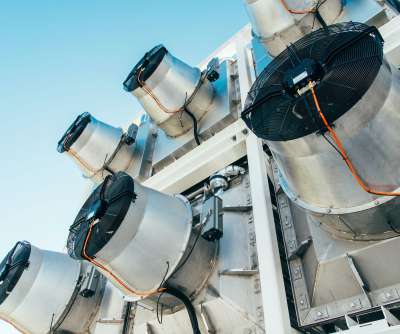Waste Management first In Ottawa with natural gas fueled waste collection vehicles
Green Car Congress
JANUARY 18, 2012
Waste Management (WM) is introducing 25 new Compressed Natural Gas (CNG) fueled trucks to collect waste and recycling in 2012 as a result of being awarded a collection district by the City of Ottawa. This means fewer miles driven and fewer emissions. —Sherry Stevenson, municipal affairs manager for WM.































Let's personalize your content